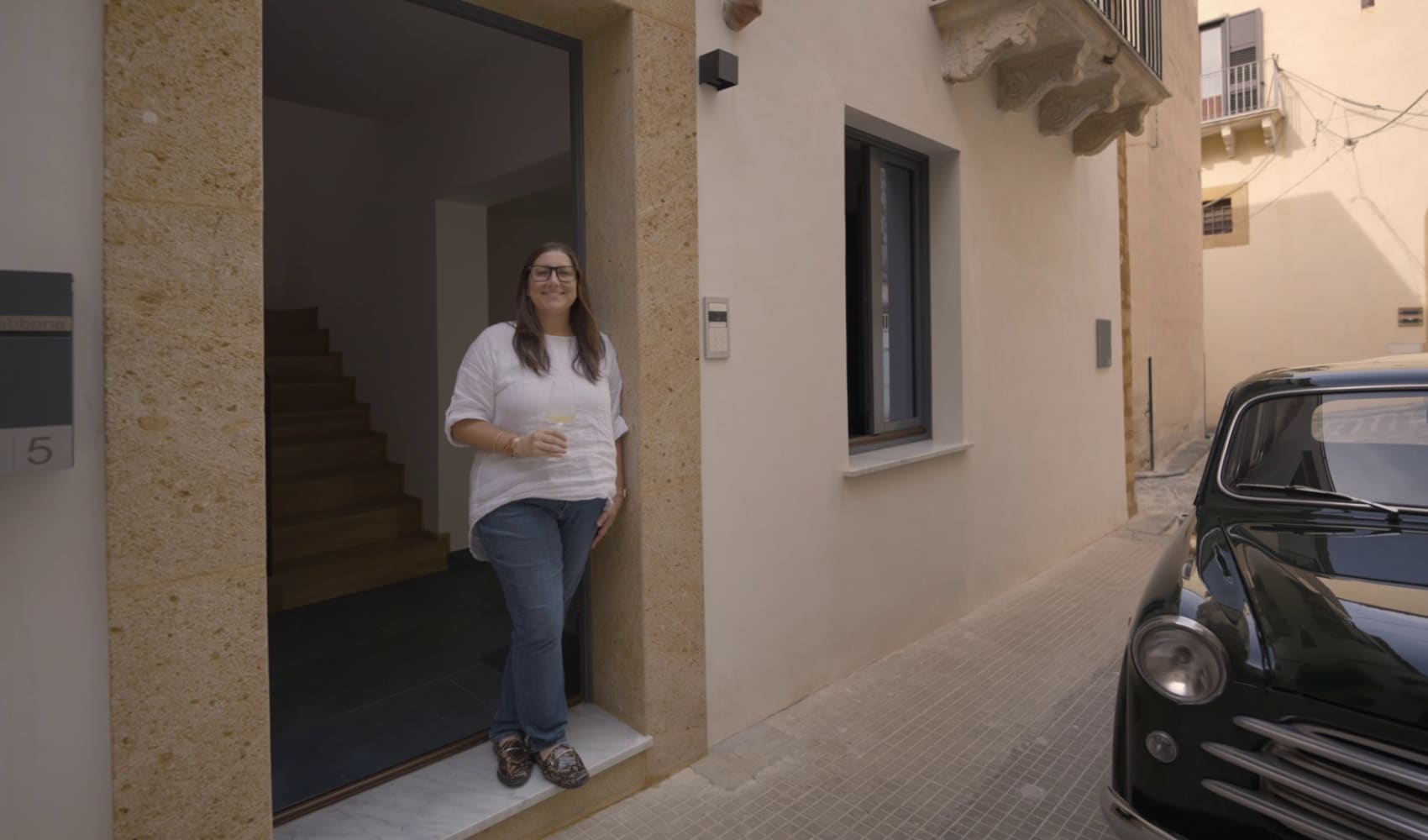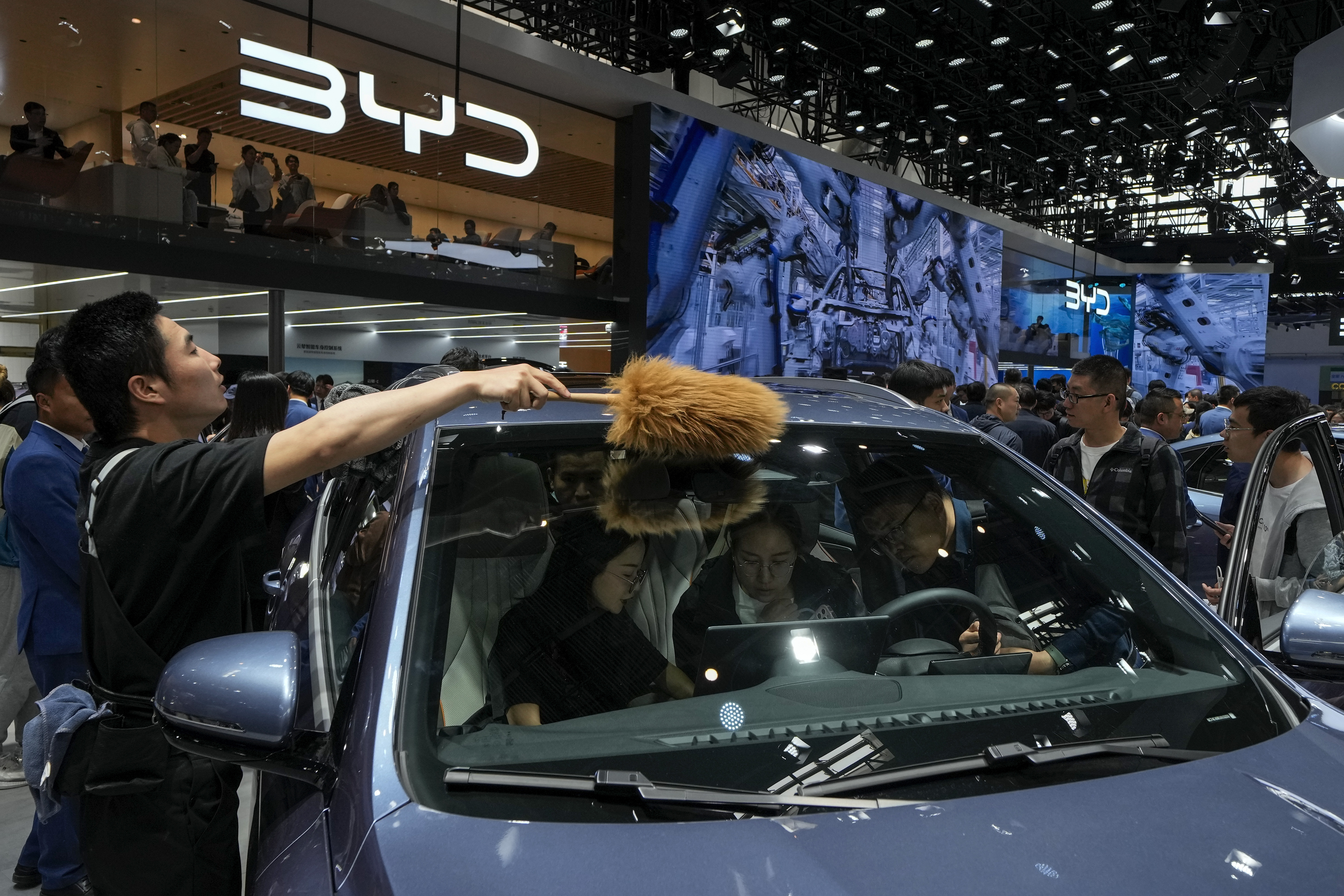Fall television looks to be having a gay old time in 2012, with more gay characters in prime-time than ever before.
"The New Normal" - which follows a gay male couple as they enlist the services of a surrogate to deliver their baby - debuted Tuesday night on NBC. "Partners" (Sept. 24 on CBS) is a modern take on "The Odd Couple," but this time one of the best friend leads just happens to be gay. There's also a lesbian EMT on NBC's "Chicago Fire" (Oct. 10). Plus there's a slew of current or returning shows that already contain gay characters or story lines: "Modern Family," "Glee," "Scandal," "Smash," "Revenge," "Shameless," 'Downton Abbey," "90210," "Days of Our Lives," "Weeds," "Degrassi" and "Gossip Girl," to name only a handful.
And many viewers appear to be getting more than used to it.
"There’s a definite move forward and I think it is a reflection of our overall culture," says Rich Ferraro, vice president of communications for GLAAD (Gay & Lesbian Alliance Against Defamation). "LGBT (lesbian, gay, bisexual and transgender) people are now more visible in our culture than ever before and Americans expect to see their world reflected on TV."
The trend is not entirely new. "Modern Family," one of the highest rated sitcoms currently on television centers on the relationships of an extended family, one couple of which happens to be gay and have an adopted child, debuted in 2009. Before that there was "Will & Grace" which first aired in 1998. But there are more shows with gay characters now, Ferraro said, and a greater variety of characters.
"You're not only seeing individual characters, but are seeing LGBT families, couples getting married, young adults coming out and story lines that really look at what it means to be LGBT today," adds Ferraro.
Teen shows in particular are expanding the boundaries, with shows like Teen Nick's "Degrassi" about a transgender teenager, he said.
U.S. & World
News from around the country and around the globe
What's also new is the variety of story lines, such as the one in "Partners."
"I find it remarkable that there is actually a program about a straight guy and a gay guy and their hijinx," says Jerry Portwood, executive editor of Out magazine. "It’ll be interesting to have a show about how a straight guy and a gay guy get along in primetime and if people relate to it."
What's also different is that there is less outcry than in years past, such as the furor over a kiss between two men on the original "Melrose Place" that was omitted in some markets back in 1994, or the discourse over what what was billed in 2000 as the first primetime passionate kiss between two men on "Dawson's Creek."
Dan Gainor, vice president for business and culture at the Media Research Center (a conservative content analysis organization that works to expose what it calls liberal bias in the media) doesn't believe audiences have changed their attitude toward gays on TV. He says they're simply more concerned with the country's bigger concerns. "America has not embraced the gay agenda's "New Normal" and claiming so is funnier than anything in the show's pilot," Gainor said in a statement to NBC. "We’re all distracted by an awful economy and a major election -- Hollywood’s pro-gay propaganda is not our top concern. Remember hundreds of thousands turned out to support both Chick-fil-A and traditional marriage and that’s still the view Americans consider normal.”
Currently, the biggest outcry has been the decision by one NBC affiliate in Salt Lake City, Utah to not include "The New Normal" on their broadcast schedule, saying the program "simply feels inappropriate on several dimensions."
In an interesting plot twist, the show's grandmother character (played by Ellen Barkin) is actually a member of One Million Moms. The actress told WENN that she reached out to the group and offered to meet with them to discuss the sitcom, but never received a response.
"We're a long way from laying down arms," said Bryan Fischer, the AFA's director of issue analysis for government and public policy regarding the apparent lack of public outcry against gay storylines. "It becomes more of a day to day campaign rather than the explosive issue it was in the past. Our current focus is in appealing to advertisers to not support such programs."
Meanwhile, gay advocates are pushing for better diversity among gay characters, noting that white gay men get most of the air time.
"We’re living in a world now where the president supports marriage equality, the NAACP supports marriage equality and Jay-Z supports marriage equality. We’re seeing [Frank Ocean] the first well-known hip-hop artist come out, and it’s starting to shift behind other races," Ferraro says. "Their stories are important because in our overall culture these stories are a part of America today."



